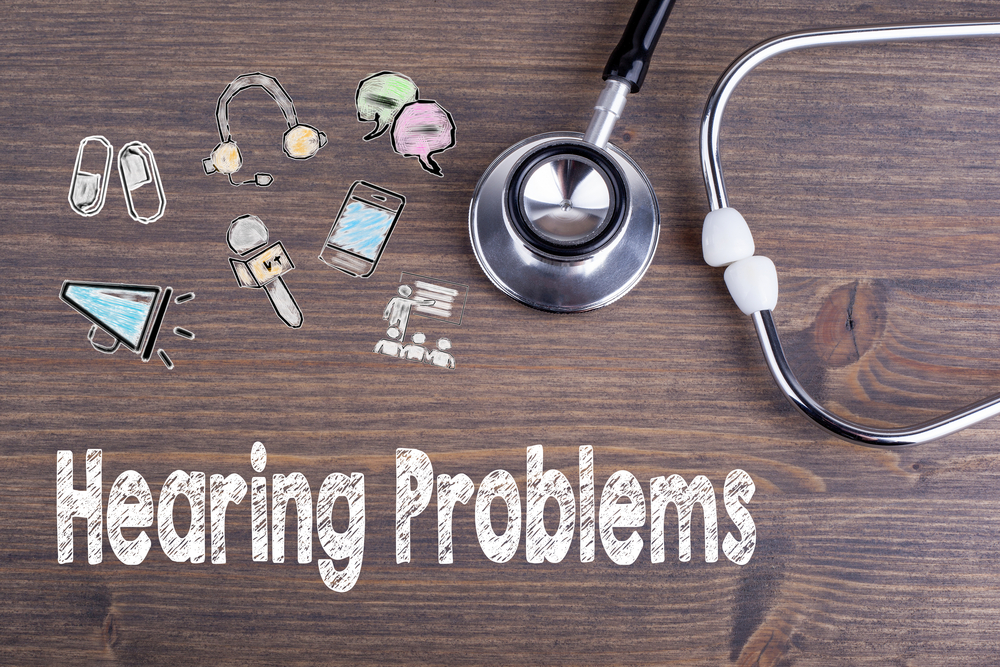 Untreated hearing loss can have several long-term effects on an individual’s physical, emotional, and cognitive health. Regardless of how the hearing loss occurred (whether by infection, exposure to loud noises, injuries, drug interactions, or even just general aging), it can have a profound impact on multiple areas of one’s lifestyle.
Untreated hearing loss can have several long-term effects on an individual’s physical, emotional, and cognitive health. Regardless of how the hearing loss occurred (whether by infection, exposure to loud noises, injuries, drug interactions, or even just general aging), it can have a profound impact on multiple areas of one’s lifestyle.
Some types of hearing loss happen so gradually that you might not even realize it’s happening until voices and sounds become muddled and begin to negatively affect your ability to communicate. Other times, hearing loss can happen suddenly, and can cause extreme anxiety and stress to both the person with the hearing loss as well as their family and friends.
While not all hearing loss can be completely prevented – as with the general aging process – there are consequences of leaving hearing loss untreated over time. Some of these potential consequences include:
- Social isolation: Hearing loss can make it difficult to communicate with others, which can lead to feelings of isolation and loneliness.
- Depression and anxiety: The emotional impact of hearing loss can lead to depression and anxiety, especially if the individual feels disconnected from loved ones or experiences difficulty participating in activities they once enjoyed.
- Cognitive decline: Research suggests that untreated hearing loss is associated with an increased risk of cognitive decline and dementia, possibly due to the additional cognitive effort required to understand speech.
- Increased risk of falls: Hearing loss can affect balance and spatial awareness, increasing the risk of falls and other accidents.
- Reduced quality of life: Hearing loss can impact many aspects of an individual’s life, including their ability to work, participate in social activities, and maintain relationships, which can lead to a reduced quality of life.
Research has shown us time and time again the impact of hearing loss. According to research from the American Speech Language Hearing Association, a survey of more than 4,000 adults in the United States (that had some degree of hearing loss) were more prone to emotional issues such as anxiety and depression if they were not treating their hearing loss with hearing aids. On the flip side, those with hearing loss who utilized hearing aids had a better quality of life.
With that being said, it’s important to seek treatment for hearing loss as early as possible to minimize the potential long-term effects. Treatment options may include hearing aids, cochlear implants, assistive listening devices, or other interventions, depending on the cause and severity of the hearing loss. A hearing healthcare professional can help determine the best course of action for each individual’s unique needs.
If you need assistance finding an excellent hearing specialist, reach out to El Dorado Hearing. Not only can they give you one-on-one attention, but they can also provide appropriate hearing tests and screenings to ensure that you are getting the best care possible for your particular situation. Whether you are experiencing hearing loss due to aging, injuries, or even due to exposure to loud noises over time, the team at El Dorado can help you!



Leave a Reply